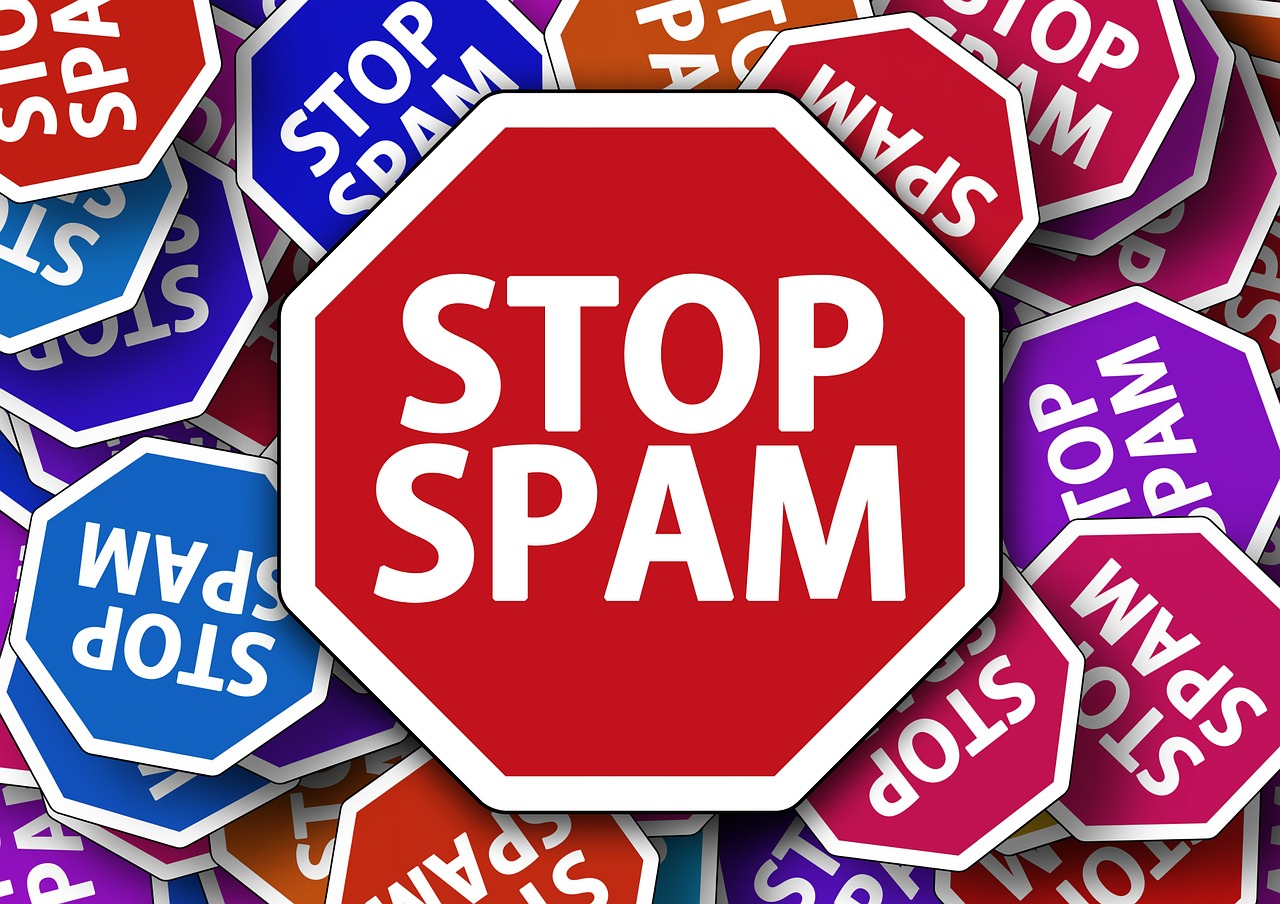Spam Protection
It is no secret spammers can be very harmful for any website, by flooding the comment section, consuming website resources, and giving way to a lot of vulnerabilities (a big number of bots with registered user status can perturb the functionality of the site). Needless to say that spam is highly damaging to the experience visitors have of interacting with the website.

To address this, companies have developed cloud anti-spam solutions like the one at https://cleantalk.org/ that can filter spammers in real time and without any awareness or delays on the behalf of the users. What this product does is to scan the IP of the website visitor in a huge database of blacklisted IPs associated with spamming or other malicious activity. This database is aggregated from up-to-date reports from numerous platforms.
Security Related Aspects Covered
Importantly, spam protection is typically not the only function of such tools. These come with additional benefits that are just as important (and even of higher priority), such as protection from:
- hacking attacks like DoS (Denial of Service) and HTTPS Flood, TTP Post Flood, HTTP Get Flood, HTTP Head Flood. A Denial of service attack, for instance, is a type of attack in which the website is being accessed simultaneously from multiple servers/ Internet capable devices effectively leading to a shutdown of the website. Therefore, it is essential to filter real users from spam bots at the phase of registration (and later) in order to prevent many such vulnerabilities.
- brute force attacks. The aim of these attacks is to try to systemically guess the administrator’s username and password by trying various combinations in what are known as dictionary attacks. Getting hold of such credentials can be disastrous for a website and can result in user data leaks.
- financial fraud (this is especially relevant for websites that might sell services, products, subscriptions, etc.). Checking the IP, the associated email or nicknames can serve as an additional layer of verification on top of standard means like credit card check. If a given IP or email has been used for spamming, there are all reasons to give more attention to such transactions and to impose additional checks for the users. As for the users, again, this provides seamless integration for them, as they will not be aware of the process.
- phishing – this is defined as trying to get hold of important user credentials and data by disguising as a trustworthy service or company (e.g. Gmail, Yahoo, etc.). To prevent such attacks, users should also be very careful about sharing their data (you should never send passwords via email after such demands). Phishing attempts on website masters /administrators can have especially impactful consequences.
With both spam and security concerns being addressed, administrators can have the peace of mind that they have done everything to safeguard their websites and protect the users, while offering them a positive experience.

